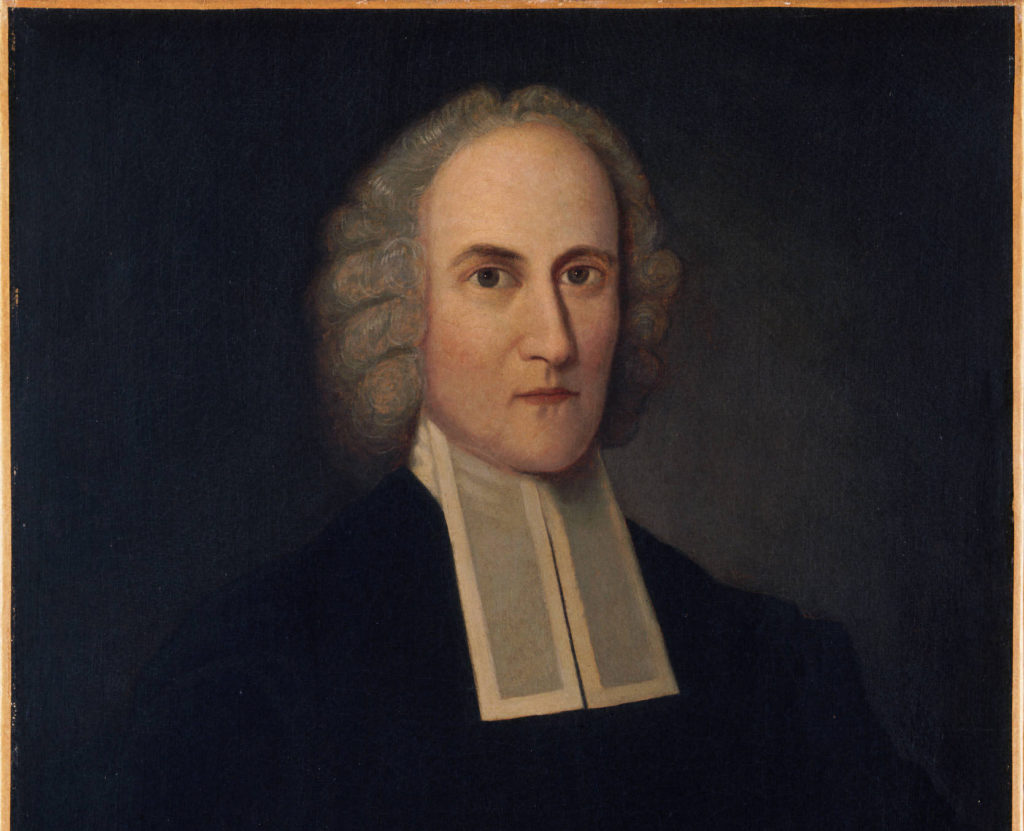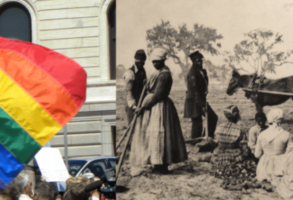
Published January 13, 2022
Cancel culture shows no signs of abatement. The Spectator in Britain ended the year speculating on whether comedy itself will now be a thing of the past. Cancel culture is incompatible with comedy and humor. Meanwhile, the venomous reactions to those who dare to affirm the importance of biological sex, such as J.K. Rowling, continue unabated. Even the word “mother” is under attack from the highest levels of government. It is hard to imagine that a society can survive long term that denies reality and reinforces its lunacy with an adamant refusal to laugh at itself.
Yet there is a form of cancel culture emerging within the ranks of Christians. It operates with selective pieties drawn from the wider woke culture and reflects, whether by accident or design, the same self-righteousness that marks the secular world. Two obvious examples are current attitudes toward Martin Luther and Jonathan Edwards.
Edwards owned slaves and was thus a part of America’s original sin, the consequences of which we still live with today. Luther is worse. He is notorious for the violently anti-Jewish nature of some of his later works. In a post-Holocaust world, that is highly problematic. Some years ago, while working on a book on historical fallacies, I did considerable research on the Jewish question in Luther and was distressed to find that his anti-Jewish works had been reprinted by the Nazis as part of their own propaganda and were also available today on viciously anti-Semitic websites.
The question—and it is a very legitimate question—is whether we should continue to take seriously such men who failed so signally to conform to moral positions that we now regard as self-evident and, indeed, a consistent application of the Christianity into which they both had such signal insights. Should we cancel them?
Click here to read the rest of this piece at WORLD Opinions.
Carl R. Trueman taught on the faculties of the Universities of Nottingham and Aberdeen before moving to the United States in 2001 to teach at Westminster Theological Seminary in Pennsylvania. In 2017-18 he was the William E. Simon Visiting Fellow in Religion and Public Life in the James Madison Program at Princeton University. Since 2018, he has served as a professor at Grove City College. He is also a fellow at the Ethics and Public Policy Center and a contributing editor at First Things. Trueman’s latest book is the bestselling The Rise and Triumph of the Modern Self. He is married with two adult children and is ordained in the Orthodox Presbyterian Church.
Carl R. Trueman is a fellow in EPPC’s Evangelicals in Civic Life Program, where his work focuses on helping civic leaders and policy makers better understand the deep roots of our current cultural malaise. In addition to his scholarship on the intellectual foundations of expressive individualism and the sexual revolution, Trueman is also interested in the origins, rise, and current use of critical theory by progressives. He serves as a professor at Grove City College.










